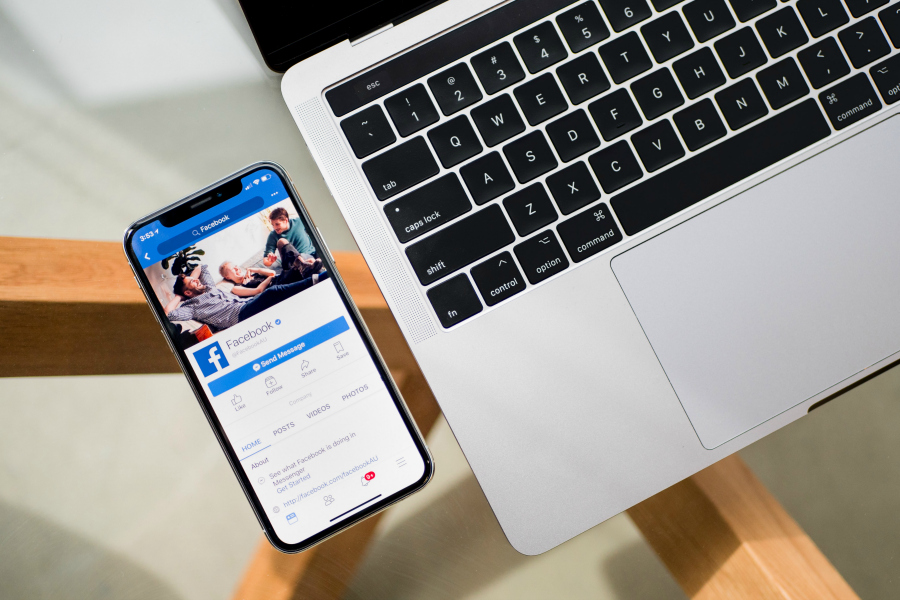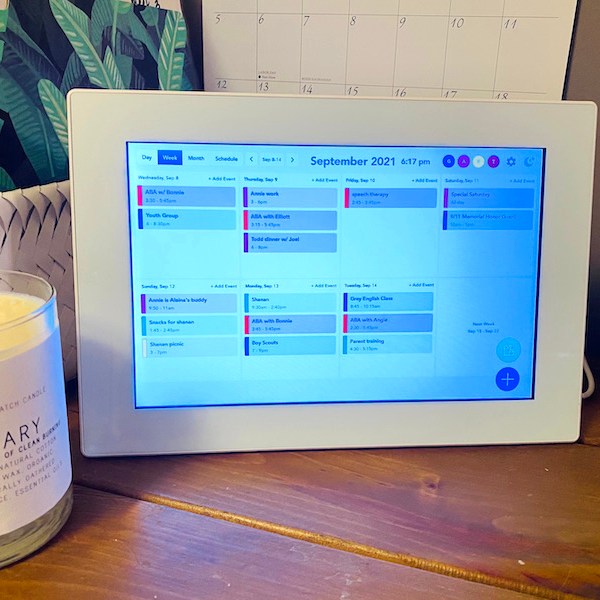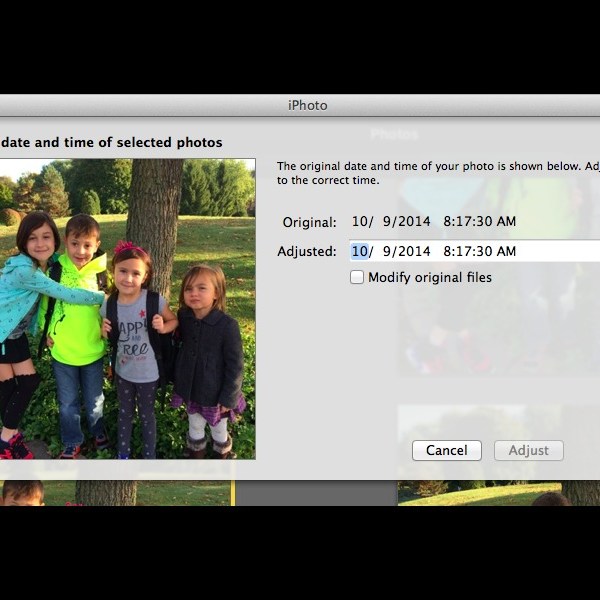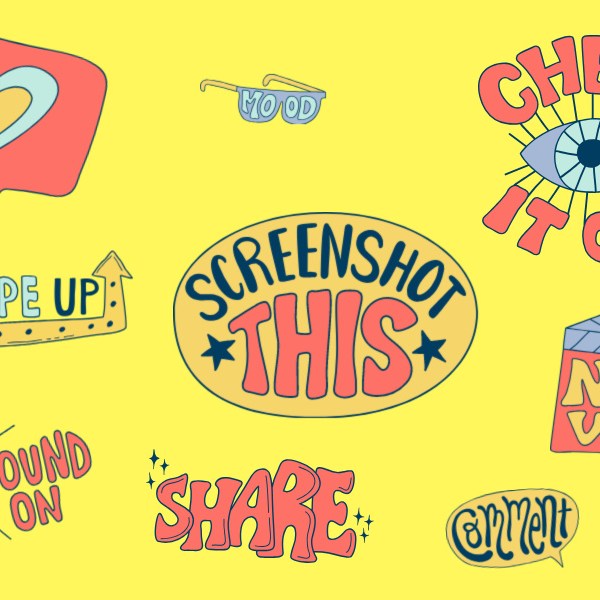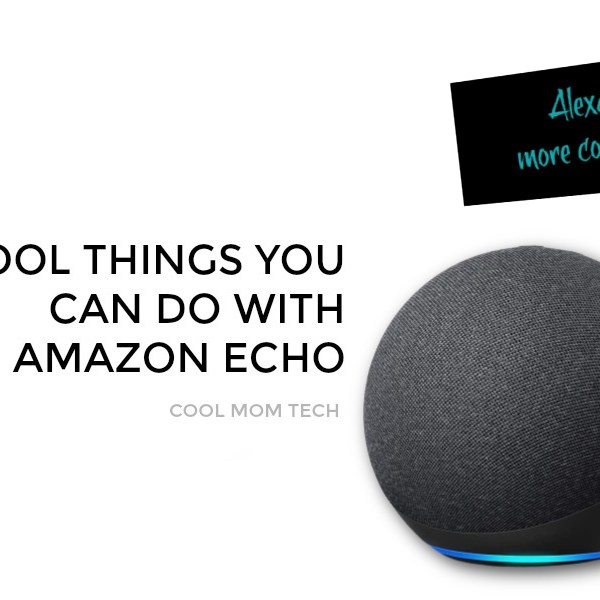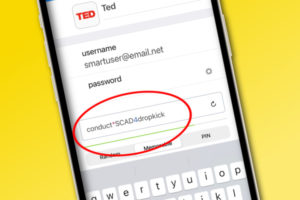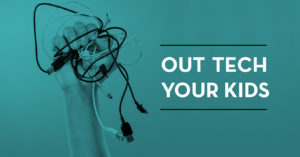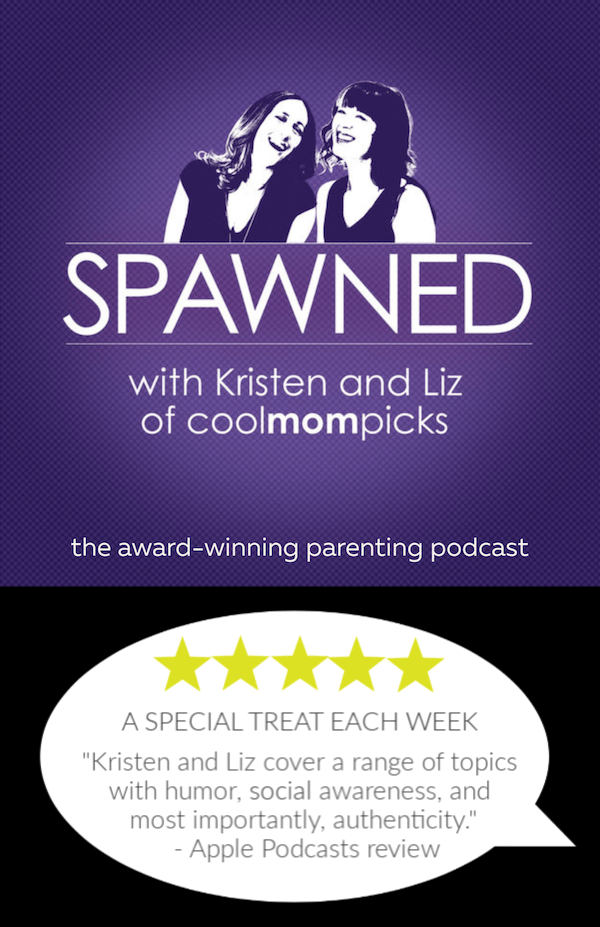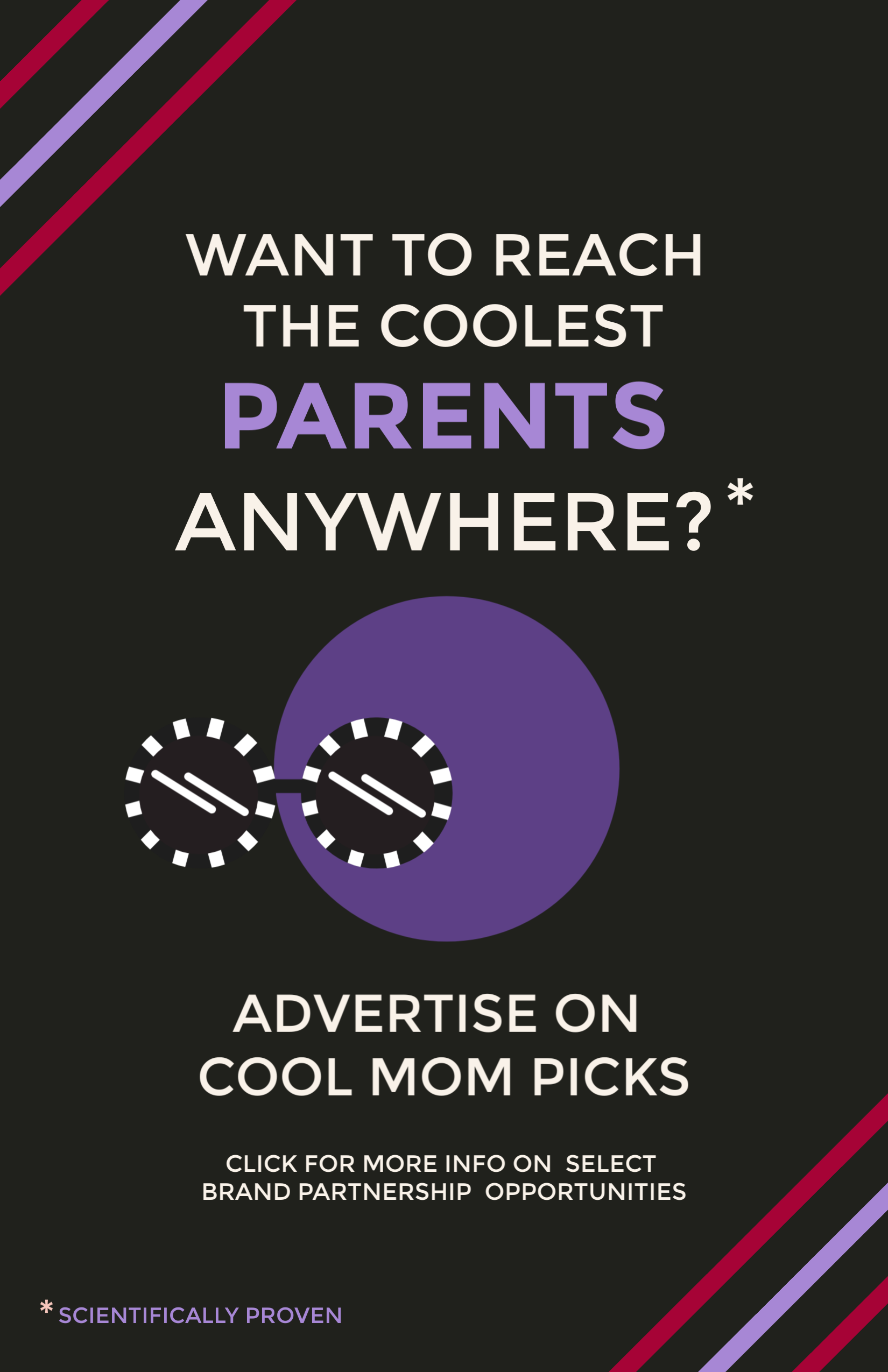After this recent Facebook data-mining scandal, we know that many users are feeling conflicted about staying on the platform. And we’re seeing various articles and reports, from whether you should leave altogether to why you should stay on. Talk about confusing!
To help you make an informed decision about how you decide to use Facebook going forward, we’ve rounded up some of the best links we’ve seen, to help you understand what exactly happened, and weigh the pros and cons of keeping your account.
Related: The privacy settings of secret Facebook groups vs. closed Facebook groups. You may be surprised.
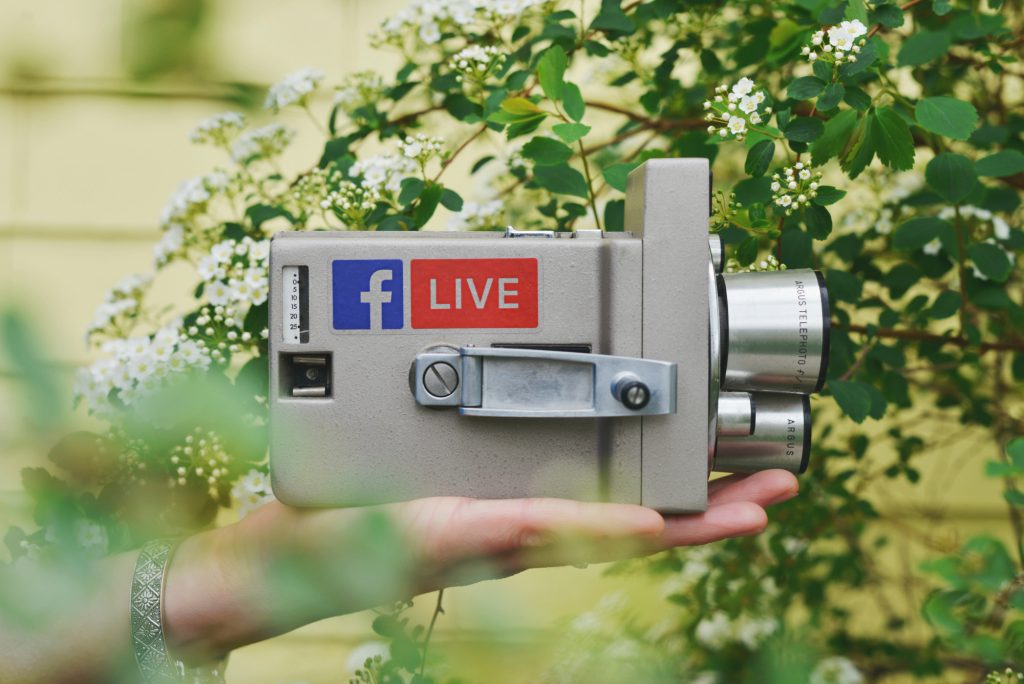
Image: Sticker Mule via Unsplash
What happened?
A data mining company called Cambridge Analytica scraped personal data from over 50 million Facebook users through a personality app, without their consent or knowledge, and sold this info to political campaigns during the 2016 election.
If you want to hear the whole story, watch this 13-minute video of Cambridge Analytica whistleblower Christopher Wylie explaining how his firm harvested and used data.
For the TL;DR, check out this break-down of how the Facebook scandal happened and what it means for your data.
And separate from this event, it was also recently discovered that Facebook may have also been monitoring the texts and call log of Android phones. Let’s just say, it hasn’t been a good month for Facebook.
What’s happening now?
Facebook has finally apologized for the Cambridge Analytica incident and promised to do a better job at protecting user data. And Mark Zuckerberg is facing some tough questions. News sources have announced that he’s been called to testify in front of Congress, implying that there may be new government regulations on how your data’s used in the future as well.
And just today, Facebook has announced that they’re rolling out a Central Page for Privacy and Security Settings in the coming weeks. This will allow you to control what you want shared and seen, all from one place.
Should you get off Facebook?
If all this makes you want to chuck your computer in the nearest dumpster, Ron Swanson style, we feel you. And if you read through Dylan Curran’s Twitter thread, you might toss your phone in there too. He did a very deep dive on all the info Google and Facebook have on subscribers, and well, yikes. If you too want to see exactly what data Facebook’s recorded from you, you can download your Facebook history.
If you can make it through all that information, here are a few perspectives to help you weigh your decision.
Think through this list of pros and cons to quitting Facebook, from the emotional to the practical.
Check out privacy expert Mark Weinstein discussing why you should definitely delete Facebook if you want to protect your privacy.
Here, a Facebook skeptic argues for why you should stay on Facebook but advocate for better oversight.
And this mom has decided the data-mining on Facebook is worth it for the community.
Related: 5 things you can do to make Facebook fun again. Or at least tolerable.
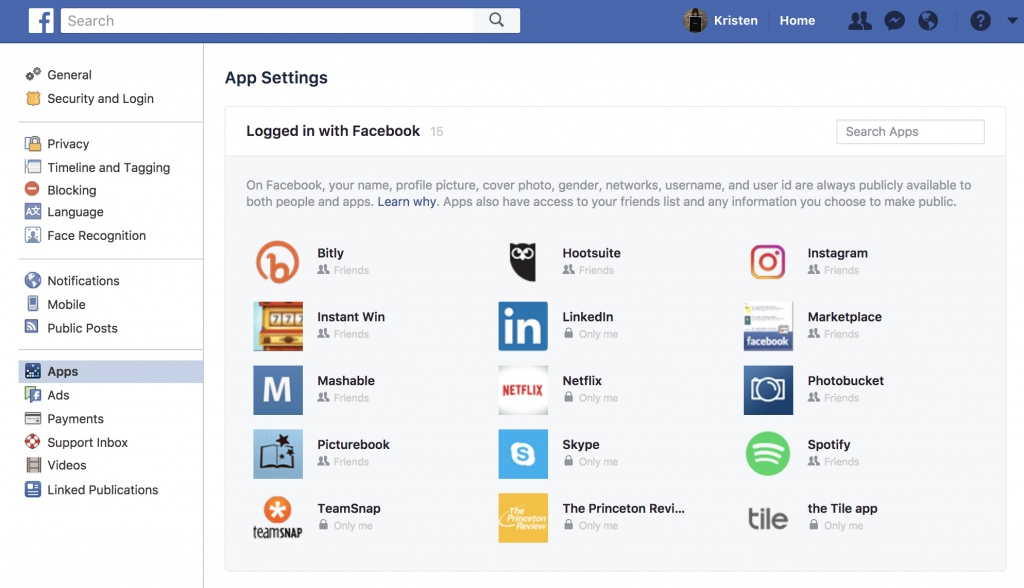
If you decide to quit Facebook
Facebook doesn’t make it easy or intuitive to quit their service, so it’s good to have some guidance.
Take a look at this guide to deleting your Facebook account for good.
If you want to keep the option to return to Facebook–and your old pictures, friends, and conversations–you can deactivate your account indefinitely.
Keep in mind that you’ll also need to deactivate Facebook Messenger.
Also, consider deleting these other Facebook-owned apps.
If you decide to keep Facebook
While there’s probably no way to completely protect your data and remain on Facebook, there are ways to manage your account so it’s not a personal info free-for-all.
For starters, Kristen wrote a helpful post on how to check which third-party apps are connected to your Facebook account.
Check out this list of best practices for protecting your data on Facebook and beyond.
And overall, consider what you’re sharing. We know many people, including us, need to be on Facebook for work purposes, so it’s not something that we’re able to delete at this point in time. That being said, you can limit how you’re using it.
Top image: Tim Bennet via Unsplash
